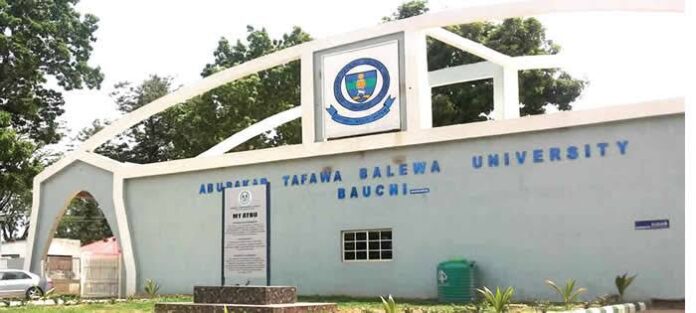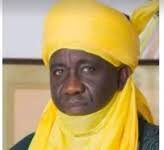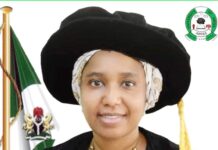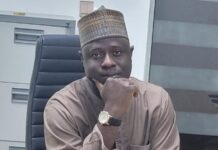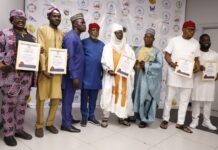ASUU ATBU: When Partisanship Trumps Principles
By Aliyu Manu
Something is definitely amiss with the Academic Staff Union of Universities (ASUU). By their actions, inactions, and utterances, some self-style “leaders” of the organization, particularly at the branch level, now behave like pharaohs of the years of yore, arrogating to themselves powers they do not have, engaging in crass partisanship, and generally constituting themselves into problems finding solutions to which ordinarily should have been their real job.
Abubakar Tafawa Balewa University Bauchi is the most recent reference case of ASUU leaders throwing caution to the wind and literally (and for all intents and purposes) running amok.
The branch chairman, Ibrahim Ibrahim Inuwa, addressed what he called a press conference, and in a haughty tone and seething with hubris reminiscent of a Byzantine-era lord, he rejected the advertisement for the soon-to-be-vacant position of the vice chancellor of the University.
Not that what Ibrahim Inuwa did was surprising or even unexpected. He has always betrayed stark ignorance of what ASUU stands for and is clearly unschooled about the principles and ideals of the union.
ASUU Constitution clearly states that “candidates for chairmen shall be knowledgeable in the affairs of the Union.” Inuwa wasn’t (and still isn’t). His only claim to experience in the union affairs was a one-year stint as branch secretary several years ago.
He abruptly left the post “because the union was operating like a cult.” It is a great disservice to the union that this same person was manipulated back as chairman (of all positions) through the influence of a national officer.
Read Also:
The positions canvassed by Inuwa were not those of the Congress. At no time did members meet and decide on what he effusively told the world (consensus building and collective decisions are actually not his style). Indeed, the text of the so-called press conference was simply a rehash of what Inuwa and ilk presented at a recent meeting of the University Congregation.
It is quite strange and curious that Inuwa rejected an advert published more than three months earlier (on January 13). Where had he been all the while? Did he suddenly wake up from a slumber? Was the rejection an afterthought? Was he playing a script? Whose script and to what end?
Inuwa claimed that the Education Minister had no power to act on behalf of Councils, but conveniently failed to advance the same argument in respect of staff promotion. He should have rejected the promotion too and demanded beneficiaries among his members not to accept their new ranks because final approval came from the Minister.
The fact is that based on extant public policy, duly communicated to all federal tertiary institutions, the Minister would perform functions of the dissolved councils until they are reconstituted. There is nothing new or ultra vires about that.
Also, contrary to Inuwa’s claim – which really is embarrassing coming from a union leader – senates of universities have no powers to appoint an acting vice chancellor. Based on a clear provision of the Universities Miscellaneous Act, Senate can only RECOMMEND to Council – in the prevailing circumstance to the Honorable Minister of Education – who does the real appointment.
One finds it interesting, if odd, that Inuwa spent most of the time using condemnatory words to describe the Minister and his decisions, but at the same time was pleading with the same person to do his own bidding. This underlines and bespeaks of a mind and mindset actuated and driven by hubris and self-service.
One hopes that our beloved union, ASUU, as an assemblage of intellectuals will always be circumspect, dispassionate and non-partisan in its approach and response to issues, and at the same time insist on character, content and competence in its leadership recruitment.
Mr. Manu is an alumnus and stakeholder in the affairs of the ATBU, Bauchi.

